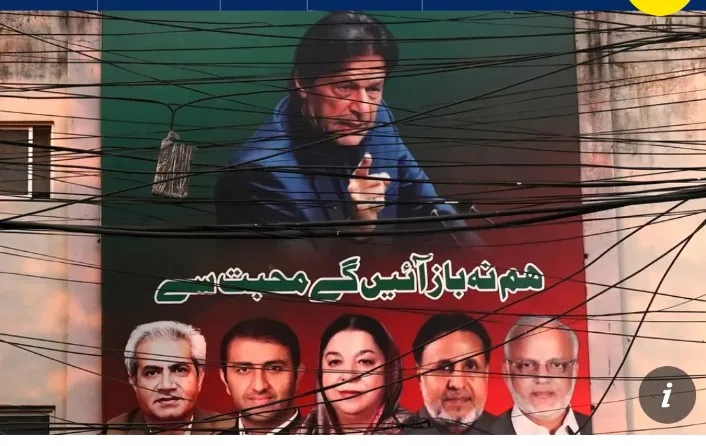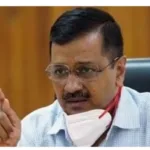In a significant development, Pakistan’s election body has dealt a blow to former Prime Minister Imran Khan’s political aspirations by rejecting his nomination to participate in the upcoming 2024 national elections. This decision marks another chapter in Khan’s tumultuous post-prime ministerial phase, marred by legal challenges and controversies.
Imran Khan, the 71-year-old cricket legend turned politician, has been entangled in a web of political and legal battles since his ousting in April 2022. His absence from public appearances became pronounced after he was sentenced to three years in prison in August 2023. The charges that led to his imprisonment revolved around the alleged unlawful sale of state gifts during his tenure from 2018 to 2022.
Despite being disqualified from participating in the national elections scheduled for February 8, 2024, due to corruption convictions, Khan defiantly submitted nomination papers on Friday. However, the Election Commission of Pakistan, in a list of rejected candidates from Lahore, cited reasons for declining Khan’s nomination. Among them were his non-registration as a voter in the constituency and his disqualification stemming from a court conviction.
The rejection extended to Khan’s attempt to contest elections in his hometown, Mianwali, further complicating his political future.
Imran Khan, widely regarded as one of Pakistan’s most popular leaders, alleges that he is a target of the military, which purportedly seeks to prevent his participation in the polls. These allegations have been consistently denied by the military. Recently, a high court declined to suspend Khan’s disqualification from the upcoming elections, adding to the hurdles he faces.
In addition to Khan, the Election Commission also rejected nomination papers from other key members of his political party, the Pakistan Tehreek-e-Insaf (PTI), including Shah Mahmood Qureshi, the party’s vice-chairman.
Meanwhile, former Prime Minister Nawaz Sharif, a longstanding political rival of Imran Khan, received acceptance of his nomination from two constituencies for the 2024 elections. This move comes weeks after a court overturned two graft convictions against Sharif. However, Sharif’s bid for a fourth premiership faces a crucial hurdle in the form of a life ban on holding public office, which remains in place pending a hearing in January.
The political landscape in Pakistan continues to evolve, with these developments shaping the trajectory of key political figures as the nation prepares for the upcoming elections.







